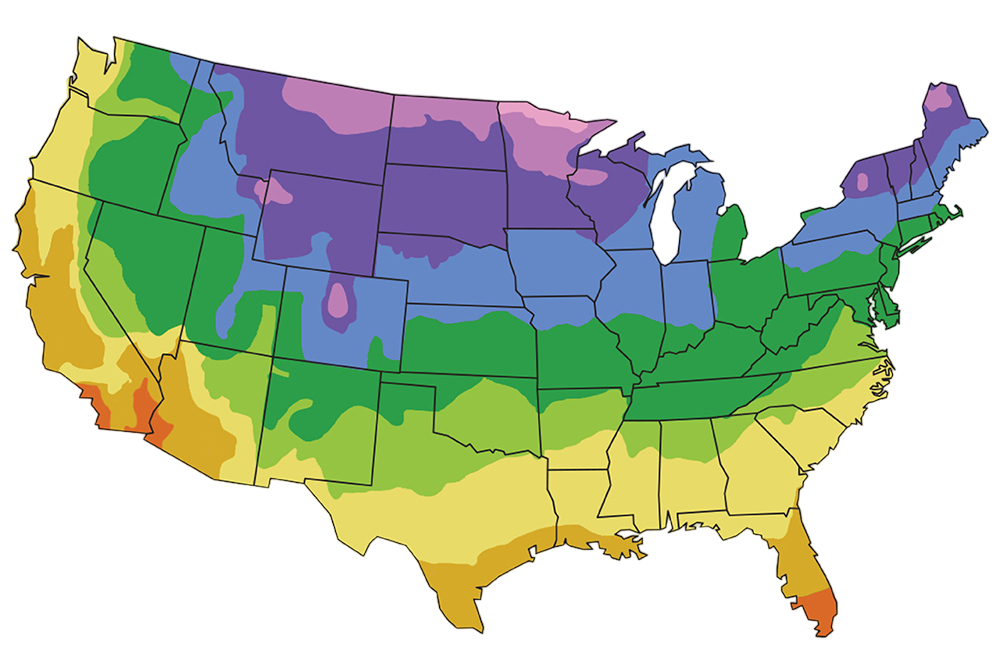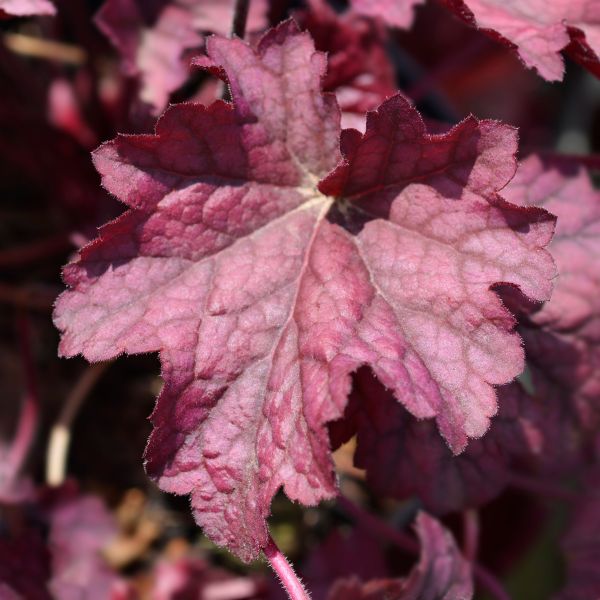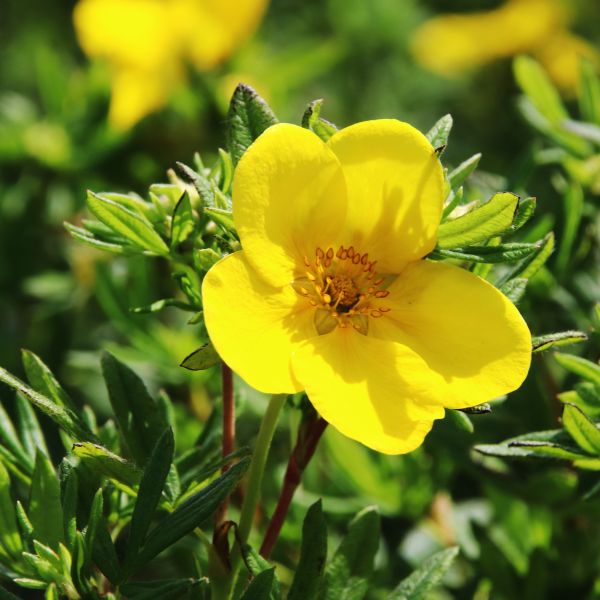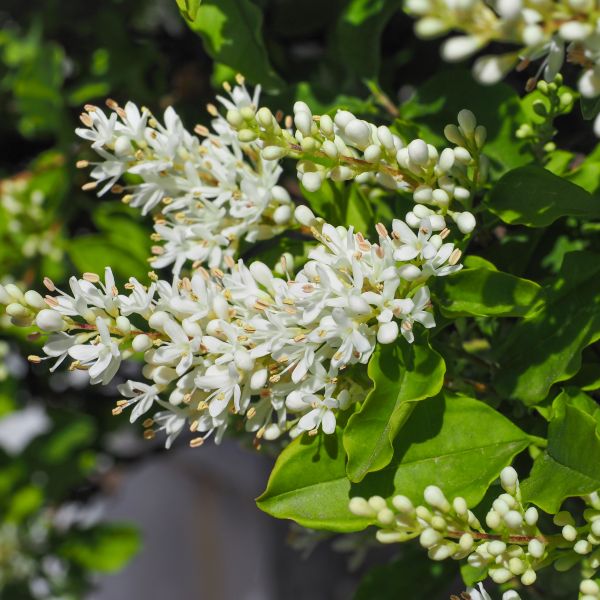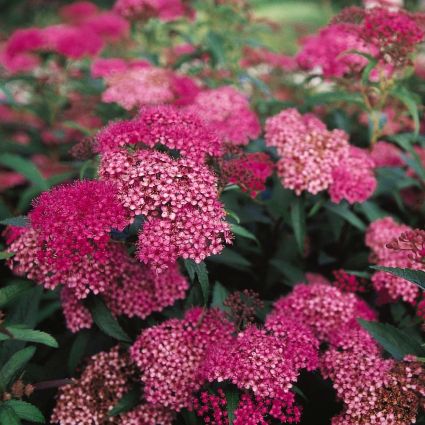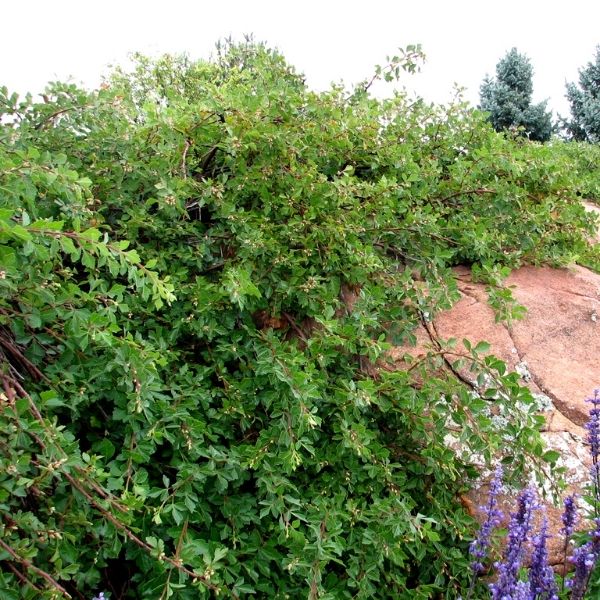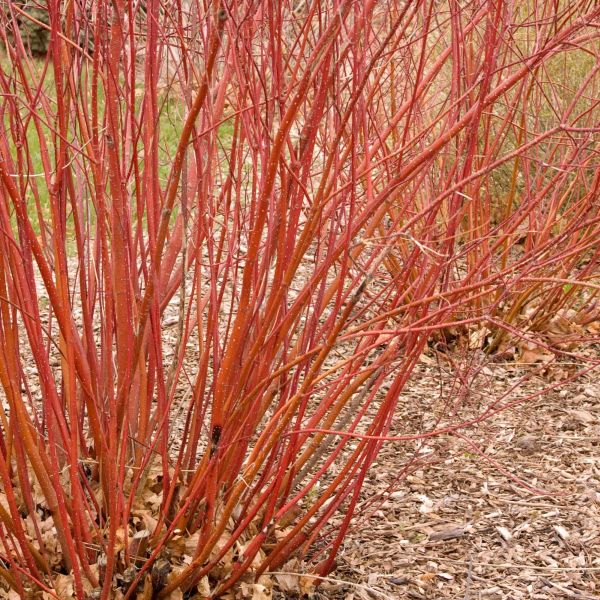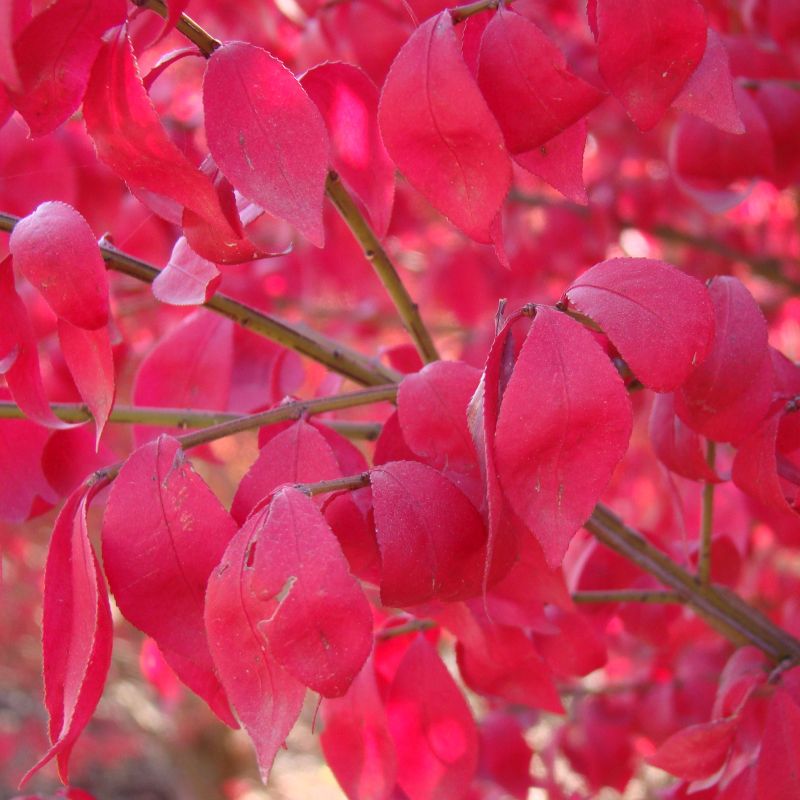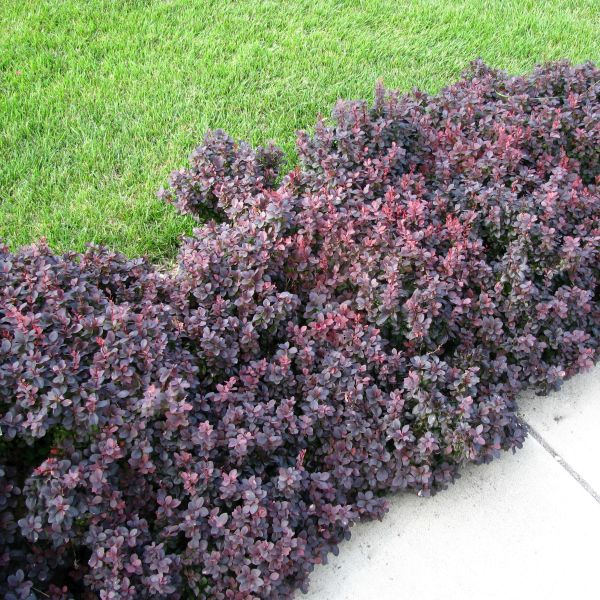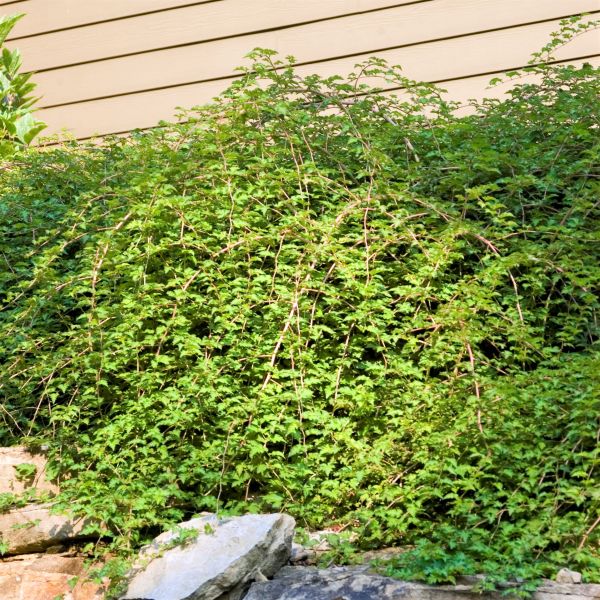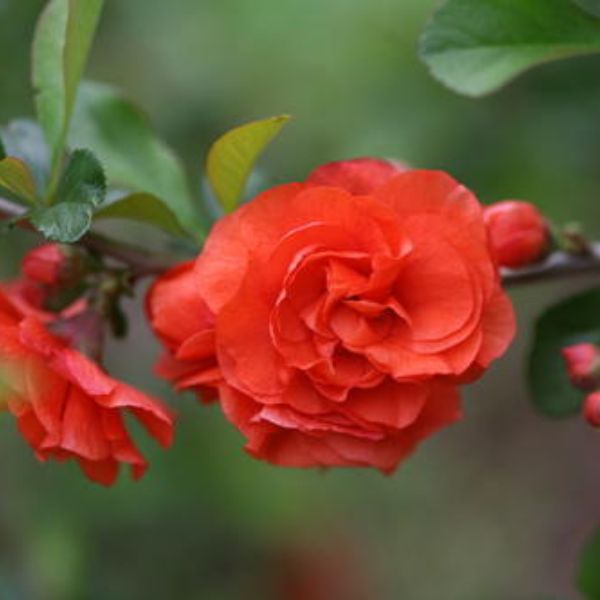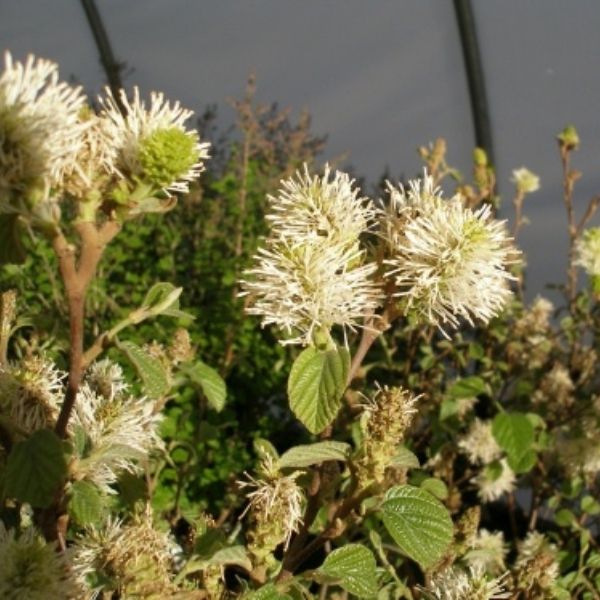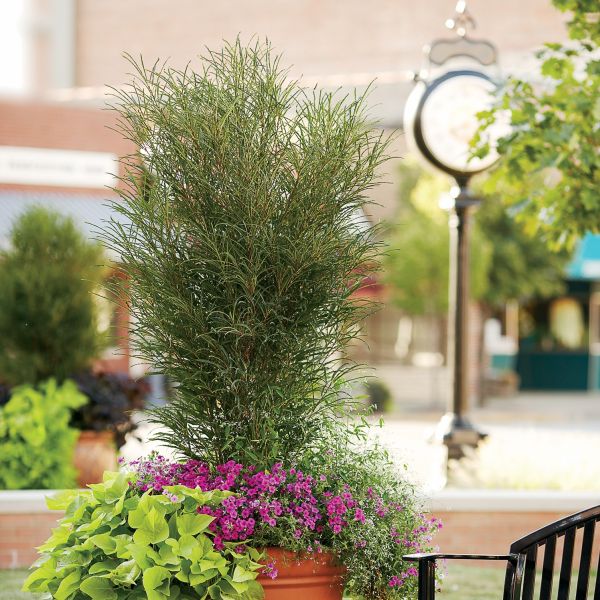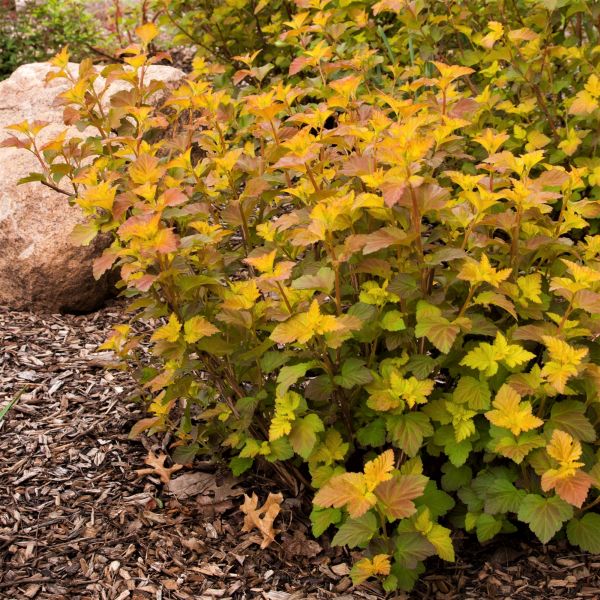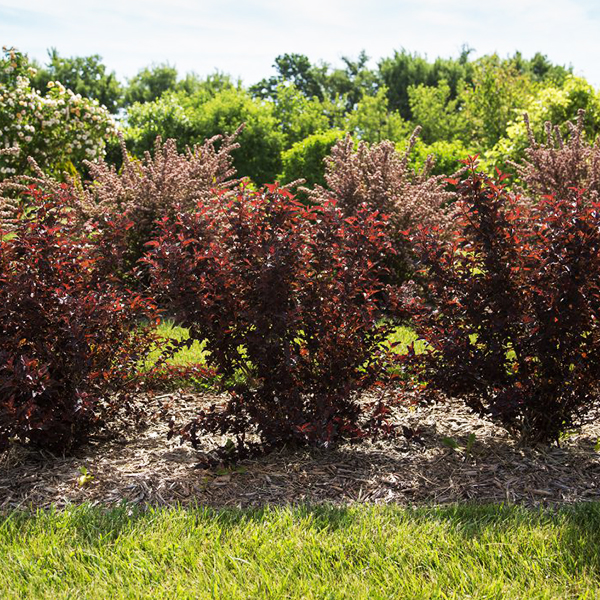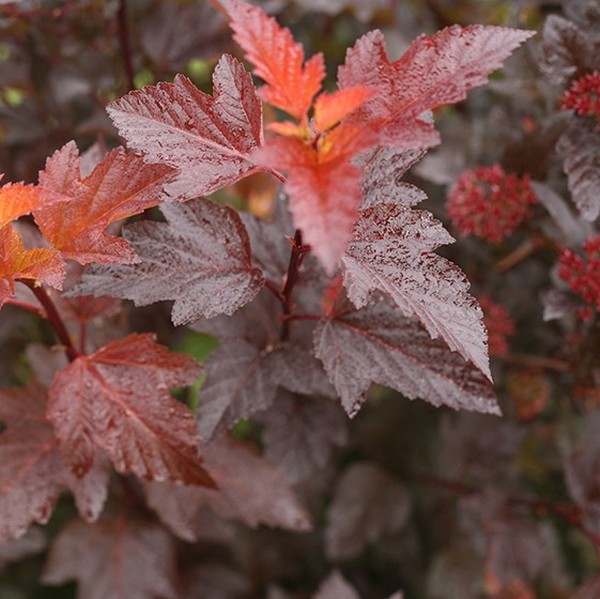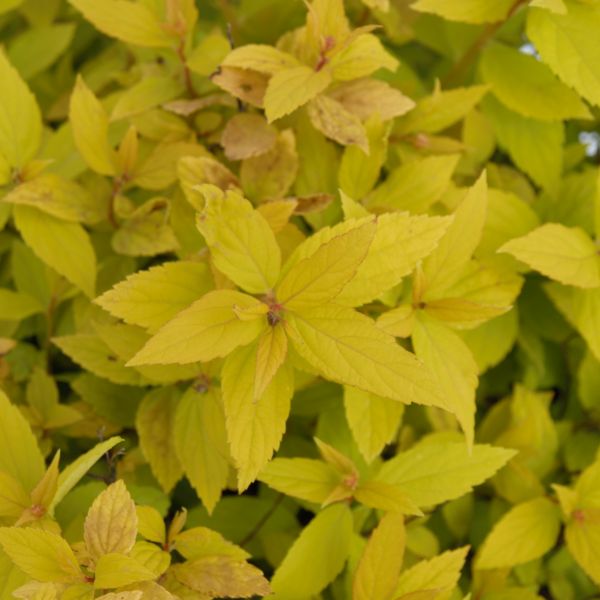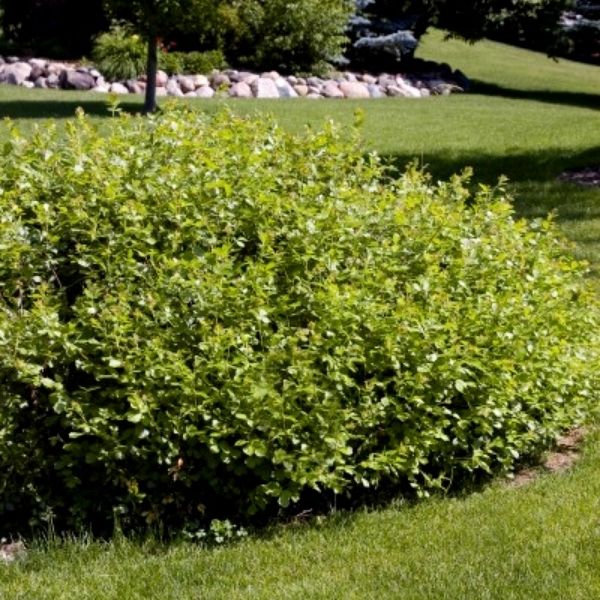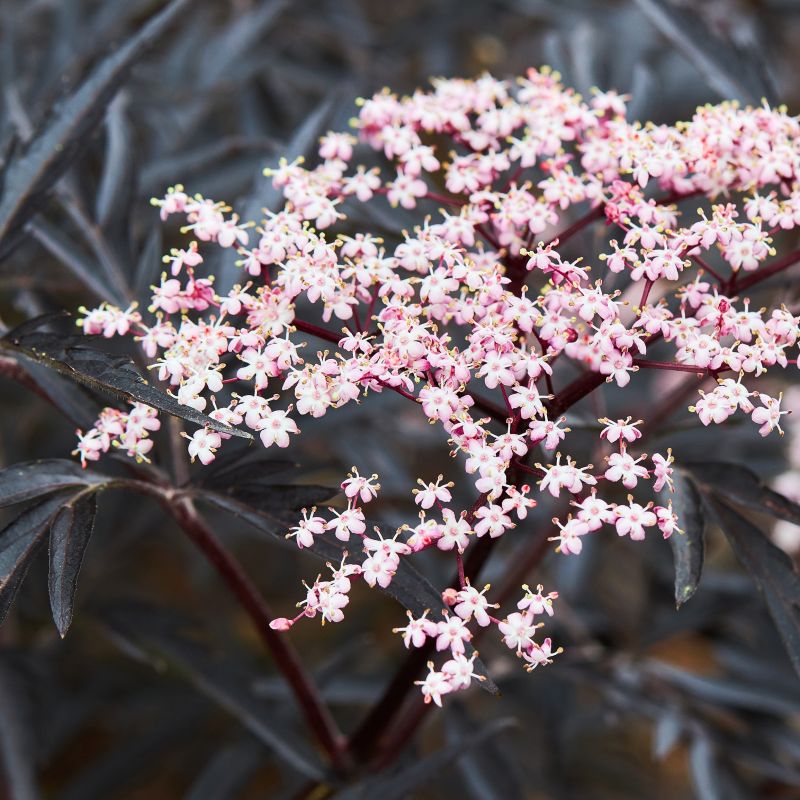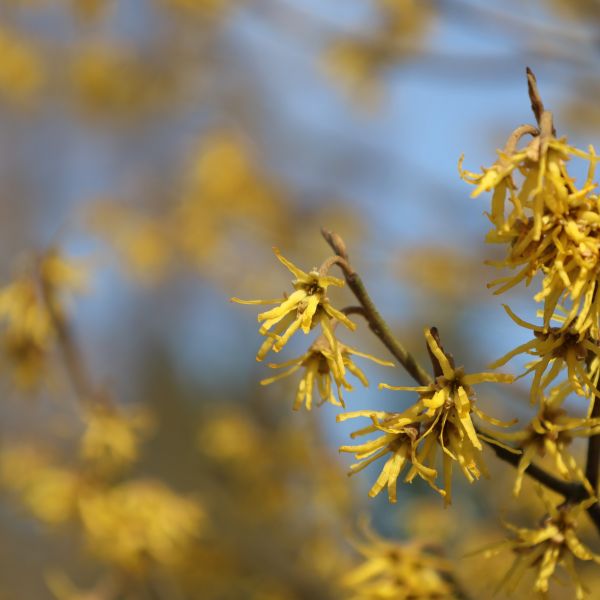
Vernal Witch Hazel
Hamamelis vernalis
35 reviews
Vernal Witch Hazel
Hamamelis vernalis
35 reviews
- 100% natural and cruelty-free
- Contains antioxidants to protect and nourish the skin
- Helps to reduce inflammation and promote healthy skin
- Recommended by landscape designers for optimal fit in real yards
$114.00
$163.00
30% Off
- Ships to 43215 in 3 to 7 days
- Free Shipping Over $150
- Plant Arrival Guarantee
- In Stock
- Free Plant Consult
$200 - Landscape-Approved: Every Plant We Sell Comes With Design Expertise Behind It
- 3.5 Gallon
- 2.5 Gallon 2-3 Feet
Not just beautiful - intentionally selected by ShrubHub's 3D landscape design team to fit real-world spaces and maximize yard potential.
Why Vernal Witch Hazel?
Vernal Witch Hazel (Hamamelis vernalis) is a deciduous shrub native to the southeastern United States, typically growing in moist woodlands and along stream banks. It is known for its early blooming period, producing fragrant, spidery flowers in shades of yellow to orange during the winter months. The plant's bark and leaves have astringent properties and have been used in traditional medicine for their healing benefits.
People who loved this plant also bought
Sunlight
Vernal Witch Hazel thrives in full sun to partial shade, requiring a minimum of 6 hours of direct sunlight per day to flower abundantly and maintain healthy growth. It can tolerate some shade but may produce fewer blooms in lower light conditions.
Watering
Vernal Witch Hazels have moderate watering requirements. They prefer consistently moist soil, but not waterlogged. Water deeply once a week during the growing season, reducing frequency during the dormant winter months. Mulching can help retain moisture an
Fertilizing
Vernal Witch Hazel typically requires a balanced fertilizer that is rich in nitrogen, phosphorus, and potassium. A slow-release fertilizer applied in early spring is recommended to promote healthy growth and blooming. Avoid over-fertilization as this can l
Vernal Witch Hazel (Hamamelis vernalis)
The Vernal Witch Hazel (Hamamelis vernalis) is a shrub native to North America, known for its striking and fragrant flowers that bloom in late winter to early spring. This deciduous shrub typically grows to a height of 6-10 feet with a similar spread, making it an excellent choice for borders, hedges, or as a specimen plant.
The Vernal Witch Hazel is prized for its unique, ribbon-like petals in shades of yellow, orange, and red, which appear before the leaves emerge. The flowers have a spicy, sweet fragrance that attracts pollinators such as bees and butterflies.
This hardy shrub prefers full sun to partial shade and moist, well-drained soil. It is low-maintenance once established and is generally pest and disease resistant. The Vernal Witch Hazel also has stunning fall foliage, with leaves turning shades of yellow, orange, and red before dropping off for winter.
Whether you plant it for its winter blooms, fragrance, or fall foliage, the Vernal Witch Hazel is sure to be a standout in your garden.
Plant Information:
| Botanical Name: | Hamamelis vernalis |
| USDA Zones: | 4 - 8 |
| Water: | Medium |
| Exposure: | Full Sun |
| Soil Needs: | Well Drained Soil |
| Mature Height: | 6 - 12 Feet |
| Mature Spread: | 8 - 12 Feet |






Pollination Info
Vernal Witch Hazel Pollination Info
Vernal witch hazel (Hamamelis vernalis) is pollinated by a variety of insects, including bees, flies, and beetles. The flowers of the vernal witch hazel are small, fragrant, and lack nectar, but they do produce pollen which attracts pollinators.
Pollination Process
When a pollinator visits a vernal witch hazel flower to collect pollen, some of the pollen grains stick to the body of the insect. As the insect moves from flower to flower, it transfers some of the pollen, aiding in the fertilization process. This results in the production of seeds within the flower, which develop into new vernal witch hazel plants.
Importance of Pollination
Pollination is essential for the reproduction and survival of vernal witch hazel plants. Without successful pollination, there would be no seeds produced, and the plant would not be able to reproduce. Insects play a crucial role in this process by transferring pollen between flowers, allowing for genetic diversity and the continuation of the species.
Attracting Pollinators
Planting vernal witch hazel in your garden can help attract pollinators such as bees, flies, and beetles. Providing a variety of flowering plants throughout the growing season can also help support pollinator populations and ensure successful pollination of vernal witch hazel and other plants in your garden.
FAQ
Vernal Witch Hazel (Hamamelis vernalis) FAQ
What is Vernal Witch Hazel?
Vernal Witch Hazel (Hamamelis vernalis) is a species of witch hazel native to the southern United States. It is known for its early blooming flowers that appear in late winter to early spring.
How tall does Vernal Witch Hazel grow?
Vernal Witch Hazel typically grows to a height of 6 to 10 feet, with a spread of 6 to 12 feet. It has a rounded, multi-stemmed growth habit.
When does Vernal Witch Hazel bloom?
Vernal Witch Hazel blooms from late winter to early spring, typically in February or March. The flowers are fragrant and range in color from yellow to orange to red.
How do I care for Vernal Witch Hazel?
Vernal Witch Hazel prefers a location with full sun to partial shade and well-draining soil. It is fairly low maintenance once established and does not require frequent watering. Prune as needed to maintain its shape and remove dead or damaged branches.
Can Vernal Witch Hazel be grown in containers?
While Vernal Witch Hazel can be grown in containers, it may not reach its full potential compared to being planted in the ground. Make sure the container has good drainage and provide regular watering and fertilization.
Is Vernal Witch Hazel deer resistant?
Vernal Witch Hazel is considered deer resistant, meaning that deer are less likely to feed on it compared to other plants. However, no plant is completely deer-proof, so it's still a good idea to protect young plants from deer damage.
Planting & Care
Planting & Care for Vernal Witch Hazel (Hamamelis vernalis)
Planting: Vernal Witch Hazel prefers moist, well-drained soil and partial shade to full sun. Plant the shrub in a location where it will receive at least 4-6 hours of sunlight per day.
Watering: Water newly planted Vernal Witch Hazel regularly to establish a strong root system. Once established, water during dry periods to keep the soil consistently moist but not waterlogged.
Pruning: Prune Vernal Witch Hazel in late winter or early spring before new growth appears. Remove any dead, damaged, or crossing branches. This will help maintain the shrub's shape and promote new growth.
Fertilizing: Fertilize Vernal Witch Hazel in early spring with a balanced fertilizer. Follow the instructions on the fertilizer package for application rates.
Pests & Diseases: Vernal Witch Hazel is generally resistant to pests and diseases. However, keep an eye out for aphids, spider mites, and leaf gall. Treat any infestations promptly with insecticidal soap or horticultural oil.
Propagation: Vernal Witch Hazel can be propagated from hardwood cuttings taken in late winter or early spring. Dip the cut end of the cutting in rooting hormone and plant it in a well-draining soil mix.
Winter Care: Provide winter protection for Vernal Witch Hazel in colder climates by mulching around the base of the shrub with a thick layer of organic mulch. This will help insulate the roots from extreme temperatures.
Check Out These Verified Customer Reviews:
Customer Reviews
4.7 out of 5 based on 35 reviews
Thank you! Your review has been submitted.
Beautiful appearance, great quality.
Item as described, happy with purchase.
Website was easy to navigate.
Item has been added to your cart.

